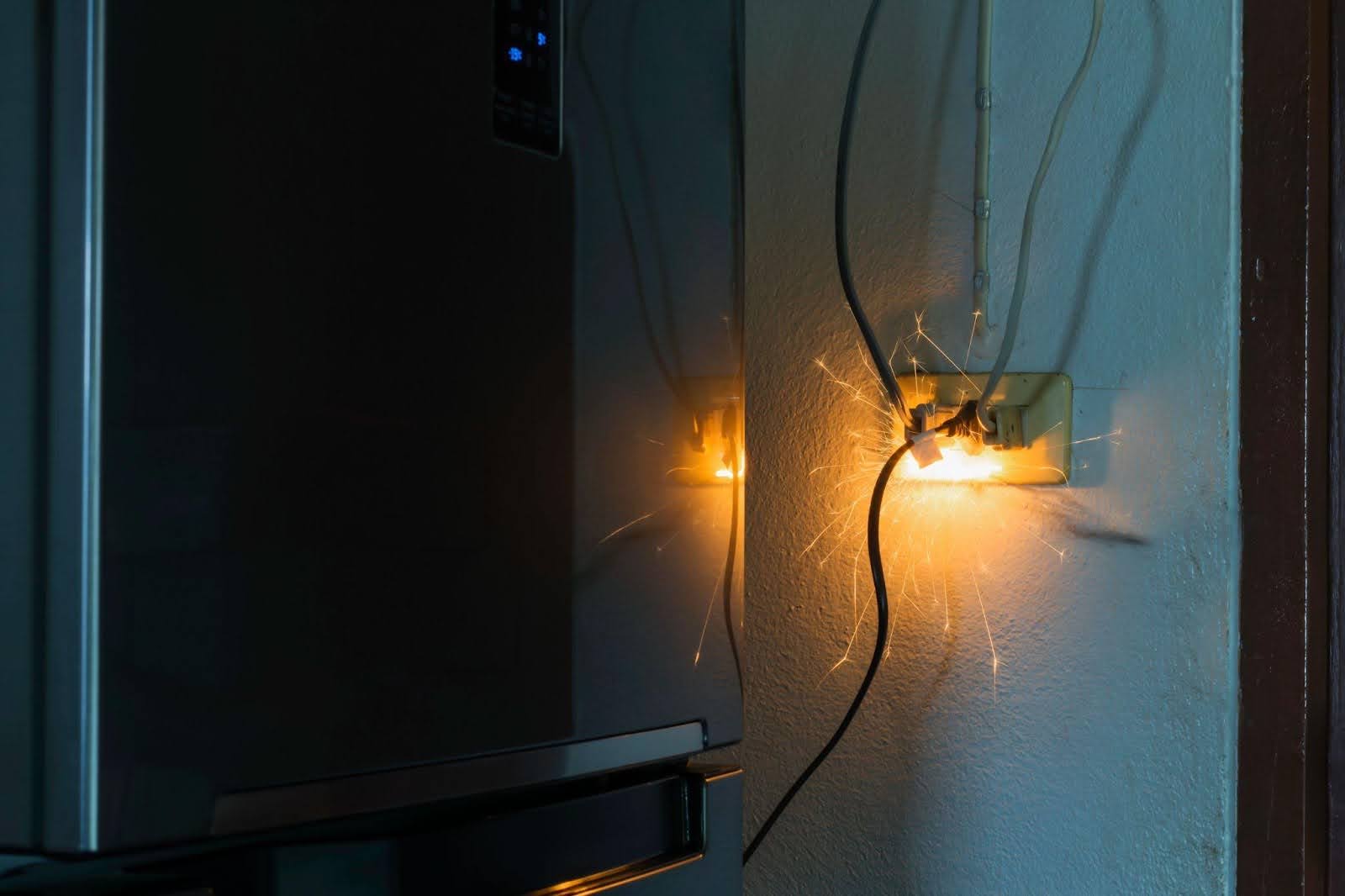
Ensuring safety in our homes is paramount, and electrical safety forms a significant part of this requirement. Every year, there are alarming statistics that point to the prevalence of residential fires originating from electrical faults in Australia. This fact emphasises the importance of being well-informed about the varied electrical emergencies homeowners may encounter. Timely recognition and response can mitigate damage and protect against potential injuries. Let’s delve more into this topic.
Understanding Electrical Smells: What They Mean
Odd smells in the home are often easy to detect and can indicate a range of problems. When they stem from electrical sources, the smells are often pungent and distinctive; a common one is a burning smell. Such an odour could be a warning sign of an electrical system overheating due to faulty wiring or an overloaded circuit. Other odours, such as a ‘fishy’ smell, might also indicate the breakdown of electrical insulation.
These smells could permeate from anywhere— flatscreen TVs, old lamps, circuit breakers, or wall sockets—the list is surprisingly long. It’s critical to treat these smells as the potential warnings they are. An immediate response could entail eliminating suspected sources, upgrading circuits, or reaching out to qualified professionals.
Flickering Lights: A Sign of Bigger Problems
Flickering lights can bring about a sense of uneasiness, primarily because we’ve been conditioned to associate them with trouble, thanks to widespread depictions in movies and television. That’s not far from the truth, though.
A flickering light usually hints towards an underlying problem with the electrical system in your house. Factors like loose bulbs or minor power fluctuations at the source can cause occasional flickering, but persistent flickering often signals a much larger concern, like faulty wiring, overloaded circuits, or issues with the local power grid.
Persistent flickering lights could also be indicative of a potential electrical fire, so turning a blind eye to it may lead to dangerous consequences. Action points for dealing with flickering lights include tightening loose bulbs, checking for circuit overloads, or calling in a professional for a thorough inspection.
Tripping Circuit Breakers: Not Just a Nuisance
Moving on to another common electrical phenomenon – tripping circuit breakers. That “annoying” trip of your circuit breaker is actually your home’s electrical guardian doing its job! Breakers are designed to turn off as a safety measure against problems like too many appliances drawing power (overloads), damaged wiring causing a short circuit, or current flowing where it shouldn’t (ground faults). Think of it this way: your breaker is telling you there’s a problem before it becomes a bigger, more dangerous one. Sometimes, a trip is an easy fix; you might just have too many things plugged into one outlet. In that case, unplugging some devices and moving them to a different circuit can solve the problem.
However, if your circuit breaker is tripping frequently, it’s a sign of a more serious issue that needs prompt attention. This persistent tripping could mean you have a faulty breaker that needs replacing or, more seriously, underlying wiring problems within your walls. While occasional trips due to overloading can often be resolved by you, frequent tripping is a serious warning sign. For these persistent issues, it’s always best to call a qualified electrician. They can accurately diagnose the problem and ensure your home’s electrical system is safe.

Recognising Hot Outlets and Switches
Experiencing heat radiating from your outlets or switches? If so, it’s not something to be ignored. Heated switches and outlets often reveal deeper electrical issues, such as overloaded circuits, unsecured wiring, or damaged outlets, and in worst-case scenarios, could lead to electrical fires— a nightmare for any homeowner.
Certain types of appliances, like microwaves, heaters or dryers, draw a significant amount of power and could lead to outlets overheating. Older homes with antiquated wiring systems are often vulnerable to this issue. Switch off the power source at the first sign of warm outlets or switches and contact a professional electrician to investigate the matter further.
Sparks and Shocks: Immediate Warning Signals
Perhaps the most alarming signals of electrical emergencies are visible sparks or shocks emanating from your electrical systems. These phenomena could be signs of a few potential dangers, including wiring problems, short circuits, or damaged outlets. Likewise, experiencing electric shocks, even minor ones, upon interacting with an appliance could indicate issues with the grounding of the appliance.
Being proactive in reacting to these warning signs is crucial to your safety. Immediate responses should include disconnecting power from the affected area and refraining from using outlets that spark or cause shocks until a professional intervention is carried out.
Keeping Your Home Safe from Electrical Hazards
In a nutshell, awareness and proactive responses are key to safeguarding your home against electrical emergencies. We’ve discussed the potential perils of ignoring signals such as peculiar smells, flickering lights, circuit breakers that trip continually, hot outlets and switches, as well as visible sparks and shocks. A regularly scheduled maintenance routine managed by professionals is a smart way to avoid these hazards.
Knowing how to stay safe during power problems is equally important, especially when emergencies arise unexpectedly. From switching off appliances during surges to avoiding water exposure near electrical systems, having safety protocols in place can make a critical difference.
Above all, being prepared for what to do if something goes wrong can prevent small issues from escalating into dangerous situations. Promptly contacting a licensed electrician, shutting off power to affected areas, and keeping emergency contact numbers on hand are simple yet effective actions.
Coupled with your vigilance in spotting issues early, these measures can ensure the electrical safety of your home. A safe home is the bedrock of a happy and harmonious domestic life, so never underestimate the importance of electrical safety standards in preserving the tranquility of your home.







